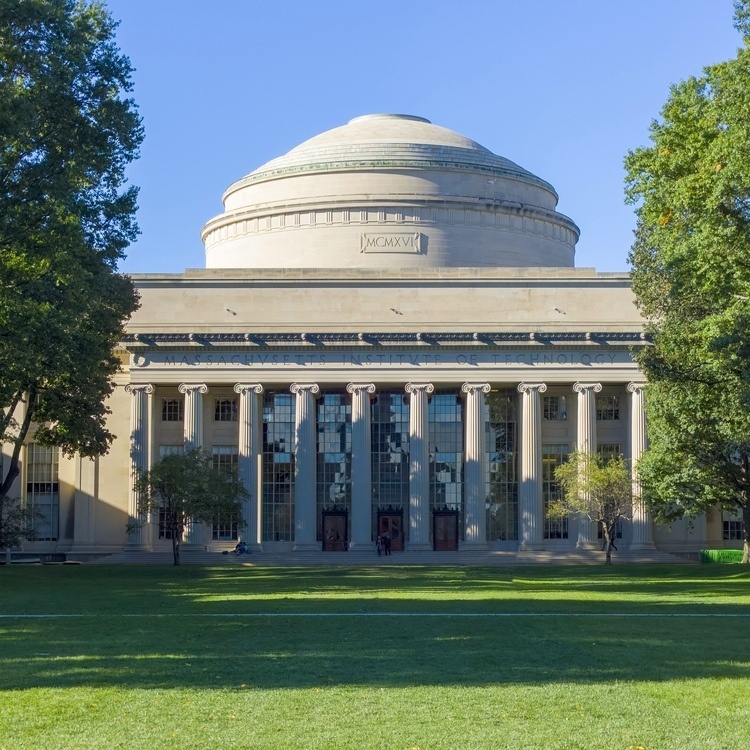
NeuroLunch: Sofie Ährlund-Richter (Sur Lab) and Saba Baskoylu (Flavell Lab)
Description
Sofie Ährlund-Richter: Discrete PFC subregions provide state-dependent feedback modulation to the visual cortex that differentially shape visual processing
Abstract: The prefrontal cortex (PFC) is a source of top-down feedback modulation to the visual cortex – guiding, biasing or modulating activity in the visual cortex to optimize visual processing. The visual cortex of the mouse receives monosynaptic input from two discrete PFC subregions, the anterior cingulate cortex (ACA) and the orbitofrontal cortex (ORB), which are implicated in distinct aspects of cognition. However, it is currently unknown if these discrete PFC subregions contribute to different aspects of visual representation and processing, and how these functions relate to the behavioral state of the animal. Here, we investigated how discrete PFC subregions shape the activity of visual cortex neurons during changing behavioral states. We performed in-vivo calcium imaging of ACA and ORB axonal activity in the visual cortex of awake mice viewing diverse visual stimuli. In parallel, behavioral variables such as running speed, pupil size and face movements were recorded, and unexpected air puffs were delivered to evoke behavioral state shifts. To distinguish visually relevant activity communicated uniquely to the visual cortex from more global behavioral signals, ACA and ORB axonal activity was also recorded in the primary motor cortex for comparison. To directly evaluate the impact of distinct PFC inputs on the visual cortex, we recorded the activity of identified visual cortex neurons with or without DREADD-mediated inhibition of ACA or ORB neurons projecting to the visual cortex. Our findings reveal that both ACA and ORB axonal activity in the visual cortex incorporates visual, internal state and behavioral variables, but that ACA axons encode visual information more strongly than ORB axons. PFC inputs from both areas modulate the state-dependent responses of visual cortex neurons, and improve the encoding of visual stimuli by neuronal populations. Our work suggests that even in a passive viewing context, the ACA and the ORB actively convey visual and behavioral state information that shapes responses and representations in the visual cortex.
Saba Baskoylu: Sensory stimuli control C. elegans arousal via a defined set of integrator neurons that have diverse temporal properties
Abstract: Transient sensory stimuli can trigger long-lasting changes in behavior and cognition. For example, repeated aversive experiences can trigger persistent changes in arousal, mood and cognitive flexibility. These lasting changes in behavior allow animals to adaptively respond to the environment, but can also drive maladaptive behavioral responses in psychiatric diseases such as depression. The neural mechanisms by which transient sensory stimuli trigger persistent changes in neural activity and behavior remain poorly understood. Here, we examine these mechanisms in the simple nervous system of the roundworm C. elegans. Using a combination of whole-brain neuronal imaging and optogenetics, we study how C. elegans accumulates evidence of past aversive experiences in both artificially and naturally aversive environments. By leveraging these approaches, we identified a set of neurons that integrate aversive sensory stimuli over different timescales, spanning from seconds to minutes. Based on perturbation experiments, we found that these neurons are arranged in a hierarchical manner and act to modulate the animal’s arousal. Each identified neuron is sufficient to increase arousal, yet the different neurons influence behavior over different timescales, ranging from immediate effects to changes lasting for minutes. We propose that changes in brain-wide arousal states are controlled via persistent activity in a set of defined neurons that integrate sensory information and impact behavior over diverse timescales.

